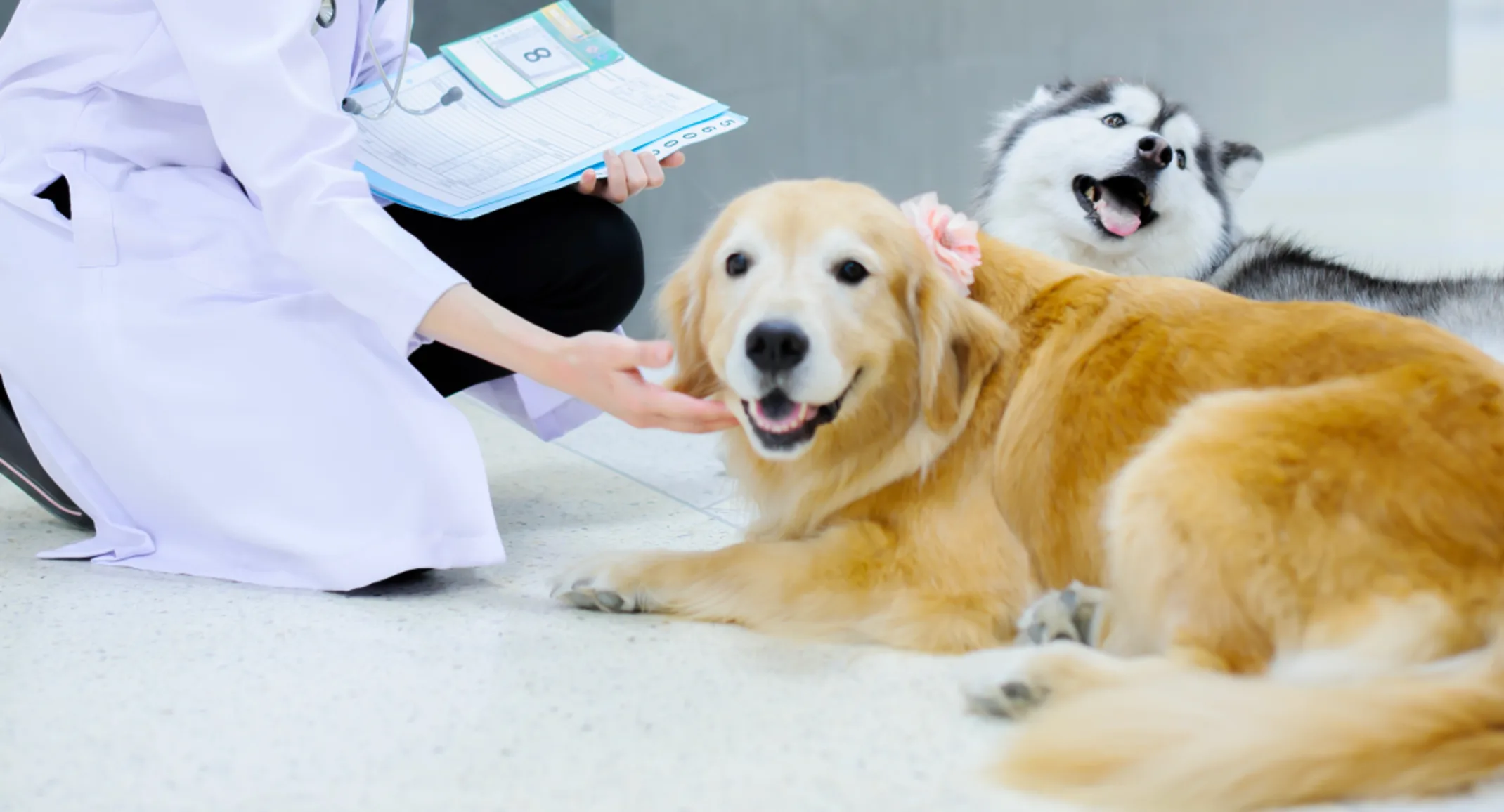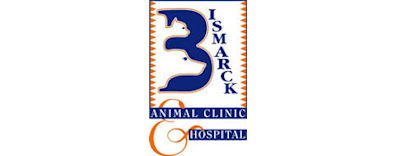What is a Veterinary Technician?
News

To become a veterinary technician one must obtain either a 2 year or 4 year degree from an accredited college. At our clinic Amy, Randi, Kylee and Mandee graduated from North Dakota State University. Cassi graduated from Minnesota School of Business. All the technicians at Bismarck Animal Clinic and Hospital have passed boards to become LVT’s, or licensed veterinary technicians. Our tech assistant Mariah is currently attending school online at St. Petersburg to become a technician as well!
As a veterinary technician, we do a lot of the behind the scenes work. The veterinarian makes the decisions on treatments and diagnostics, and the technician performs them. The technician will perform blood draws, run lab work, place IV catheters, take radiographs, place pets under anesthesia, monitor pets while under anesthesia, perform dental cleanings and much more. Aside from all the medical aspect of things, we are also the ones loving on your pets while they have to stay in the hospital, feeding them, telling them they’re going to be okay, cleaning up after them and taking them outside. We take pride in our work, and we all love what we do. Rest assured that if your pet has to stay with us, they get the softest blankets, lots of baby talk, and the cats get their own hidey holes!
Technicians are also in charge of a lot of client education. We have in depth discussions with new puppy and kitten owners, talks about spays and neuters, and conversations about behavior. We also help pet parents make the decision if their pet needs to be seen on emergency due to an injury or ingesting something they shouldn’t have. Not all conversations are easy; we also help people decide if it’s time to say good bye to their best friend. Euthanasia is never an easy topic, but technicians are always available to help you make that decision.
Over the years there has been a lot of discussion about changing the term technician to nurse. On one hand we want the general public to have a better idea of what we do. When people hear the word “technician”, most tend to think of technical work and less about the client/patient aspect. We want people to know that while enjoy the lab work portion; we REALLY enjoy working one on one with animals. Changing the name to veterinary nurse would prompt people to think of us as their animal’s caretaker instead of just “the person who draws my pet’s blood.” We also don’t want to step on toes and take the term nurse away from the human nurses who also worked very hard to obtain that title. It’s still a discussion that likely won’t have an end result for years to come.
While not every day involves playing with puppies and kittens, I would say overall the good outweighs the bad. There are days we go back to the treatment area and cry because we just had to euthanize our favorite patient. There are days we are heartbroken because we have done everything we can to make a cat feel well enough to go home but nothing seems to work. There are tragic days that will forever stay engrained in our minds. But there are also days we rejoice when our favorite clients bring in their new puppy. There are days we cry tears of joy because that cat that was hospitalized for the past 5 days finally ate and is going home. There are days we see puppies, kittens, snakes (my personal favorite!), bunnies and chinchillas all in one day!
Not every day is great. But not every day is bad. Our job is hard. It’s stressful, it’s emotionally draining, it’s a lot of physical work and we learn new things every day. Sometimes emergencies keep us away from our families on nights and weekends. But I can confidentially say that none of us would want to be doing anything else.
Kylee Ganyo, LVT
